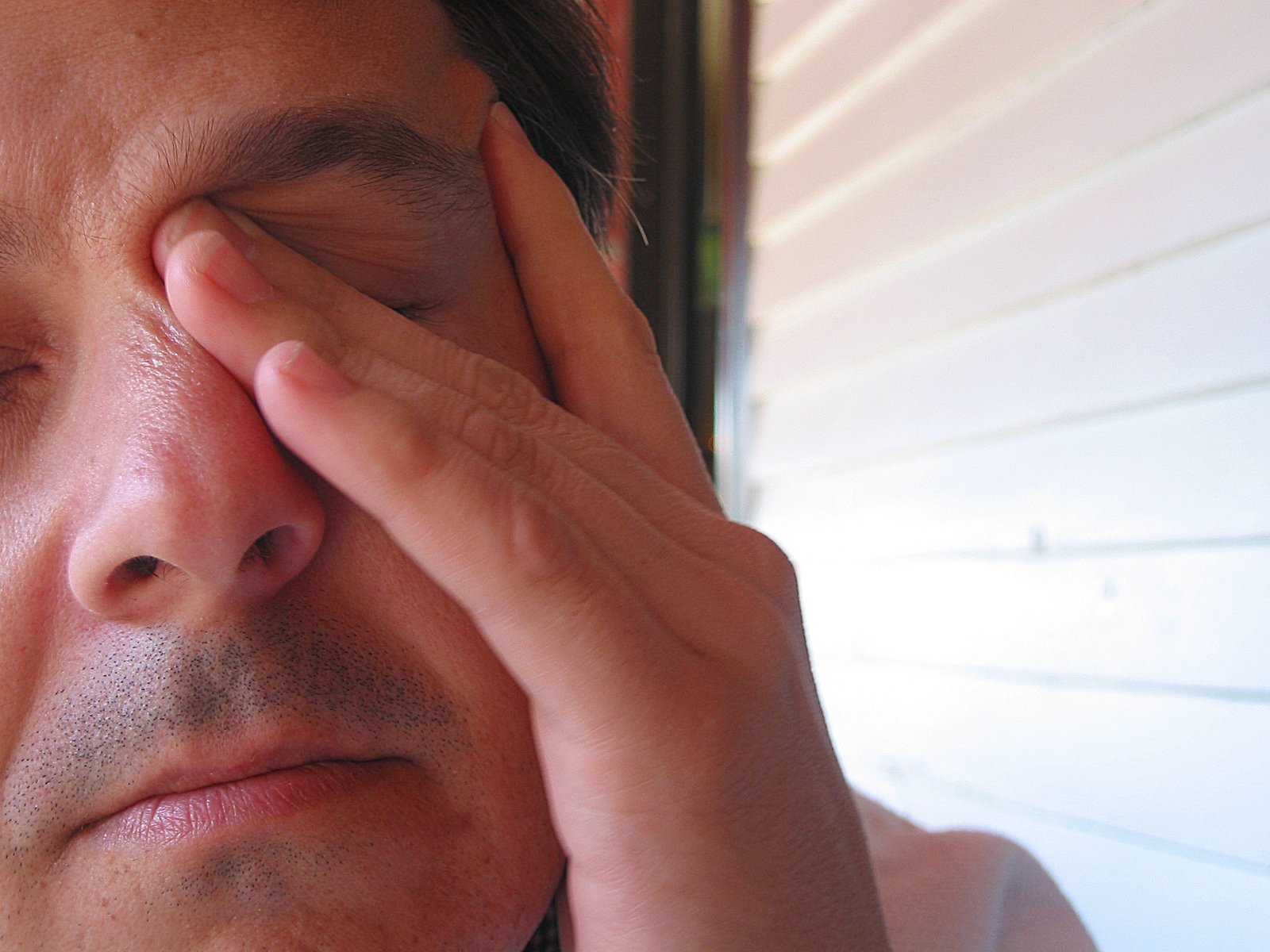
 Without even shedding a tear over what they've done (a betrayal to Native American values)
Without even shedding a tear over what they've done (a betrayal to Native American values)
"Allergan hired some dodgy law firm that bullies bloggers like myself..."Patently-O's Dennis Crouch has in fact just given the platform to these patent "scammers" who misuse tribal immunity to cushion/shield monopoly of Allergan (based on bogus patents). Michael Gulliford, an advisor to the Saint Regis Mohawk Tribe and the Founder of Soryn IP Group, uses terms like "controversial" and “death squad” to refer to PTAB. He compares judges and courts to assassins basically. What a lunatic.
He admits upfront that the tribe takes "$13.75 million upfront, with continuing royalty payments of $3.75 million per quarter" to participate in a "scam" of Allergan. This is pure greed and mischief. The tribe's reputation is dead. They know it. In his own words:
Native Americans and patents don’t make headlines. That changed when the Saint Regis Mohawk Tribe, located in upstate New York, conceived a lucrative transaction that saw Allergan transfer patents covering the dry eye drug Restasis€® to the Tribe. In return, the Tribe agreed to use its sovereign status to protect the patents from a controversial administrative proceeding coined the patent “death squad”, and to license the patents to Allergan. Allergan paid the Tribe $13.75 million upfront, with continuing royalty payments of $3.75 million per quarter.
"The tribe now has very serious trouble in its hands; it has become widely associated with a patent "scammers" (especially in news headlines)."Whose idea was it? The lawyers', no doubt, both Allergan's and the tribe's. "AstraZeneca sign[ed] [an] $1.5B antibody deal with Allergan" a couple of years ago, so it's clear that they increasingly just rely on notorious patents on life.
As we noted here before, Patent Docs habitually promotes patents on life (stuff like CRISPR and beyond) and a few hours ago it republished a page ("Antibodies in the European Patent Office") from a patent law firm, noting upfront that "[t]he following article was reprinted with permission from J A Kemp." (who habitually write about the EPO, e.g. [1, 2, 3]
It starts with a discussion about Supplementary Protection Certificates (SPCs), which Team UPC keeps promoting, and then there's this:
This Advanced Guide is drawn primarily from our experience prosecuting large numbers of antibody cases before the EPO and our discussions with EPO examiners. This may raise the question: Why is there so little supporting case law?
The main reason is that antibody case law at the EPO has been relatively slow to develop in recent years. In our opinion this is because the most common pending antibody applications during this period have focused narrowly on a lead molecule or molecules of the applicant.